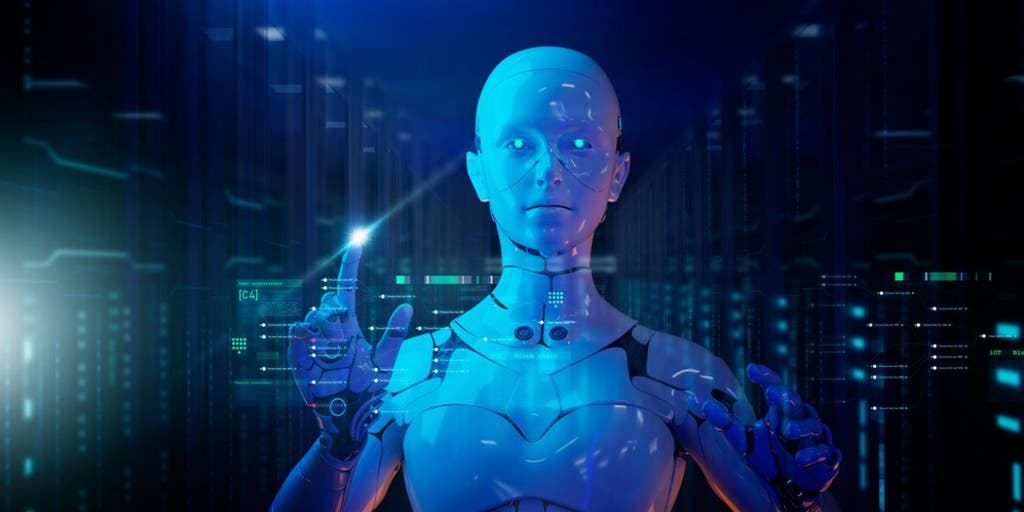AI might not serve as the miraculous productivity solution that CEOs envision, according to a futurology expert specializing in work trends.
During an interview with Business Insider at Davos, Ravin Jesuthasan, a prominent figure in transformation services at Mercer, emphasized that the impact of AI on the workplace would not be instantaneous. While Jesuthasan acknowledges the potential for AI to enhance productivity, he cautions against the notion that simply implementing the technology will automatically boost efficiency. He suggests that significant effort is required to reconfigure work processes and the broader work environment to realize the anticipated benefits.
Jesuthasan anticipates a period of reassessment among companies, differentiating between those who hastily adopt technology without comprehensive planning and those who take a more strategic approach by reevaluating work structures and engaging employees actively.
Despite the widespread belief among CEOs and employees that AI advancements will lead to increased productivity, the integration of AI tools into daily operations has been gradual. Many companies, such as AT&T and Deloitte, have introduced AI-powered tools like GPT to enhance workforce efficiency, albeit at a measured pace.
Jesuthasan underscores the transformative potential of AI for the workforce if implemented thoughtfully. He highlights the necessity for leaders to embrace a human-centered approach to work redesign rather than solely focusing on profit generation.






